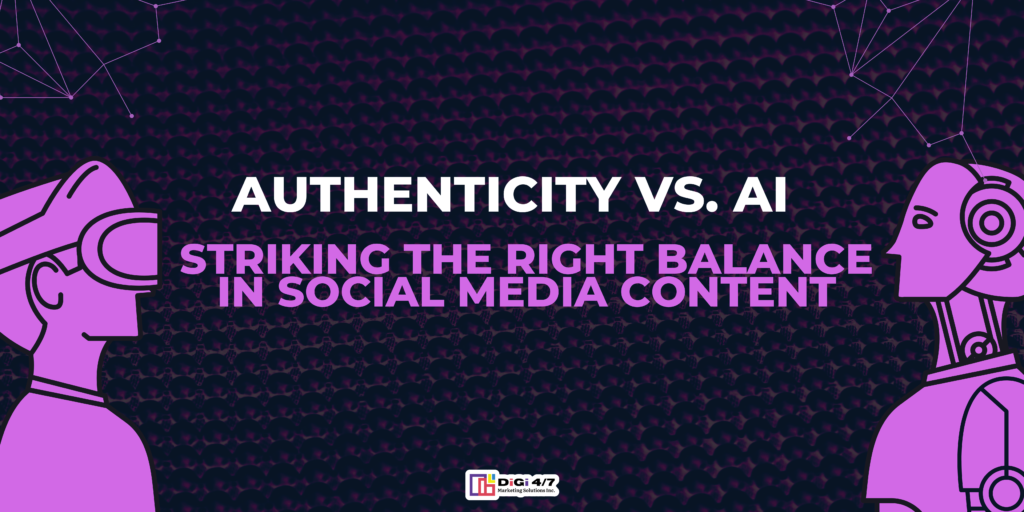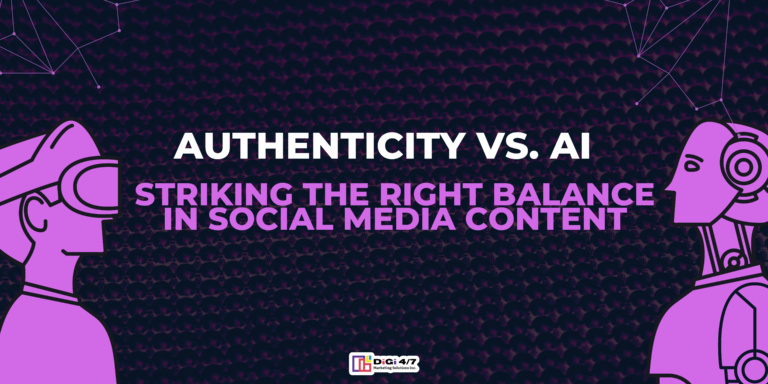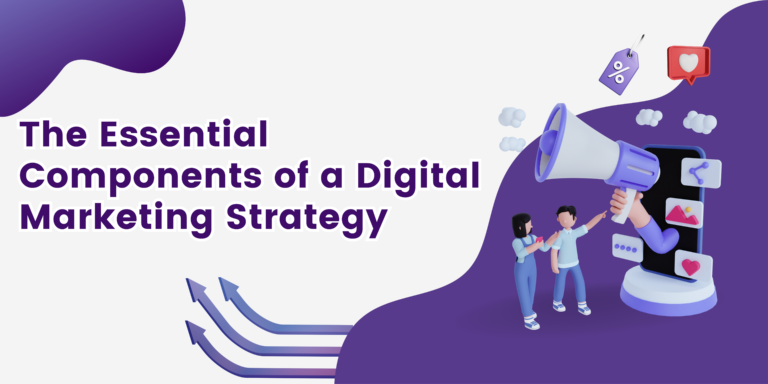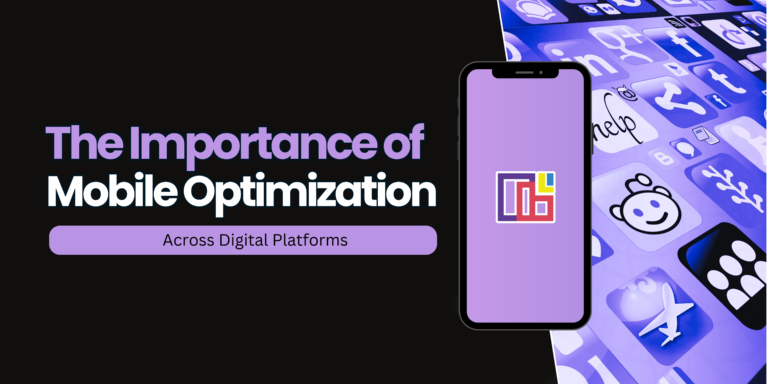
How Content Marketing Enhances Consumer Trust
In today’s marketing environment, content marketing has become essential for fostering trust between businesses and consumers. Unlike traditional advertising, which often focuses on direct promotion, content marketing emphasizes creating and sharing useful, relevant, and consistent material to engage and inform target audiences. This essay explores how content marketing functions, its benefits, and practical implementation techniques for building trust.

Adding Value Beyond Promotion
Content marketing prioritizes adding value over direct promotion. By focusing on educational, informative, or entertaining content, businesses present themselves as helpful providers rather than mere sales organizations. For instance, a company that publishes blog posts on market trends, how-to guides, or expert interviews provides valuable information that helps consumers make informed decisions. This value-driven approach builds trust because customers appreciate brands that enhance their knowledge and improve their lives.
Developing Expertise and Authority
Content marketing effectively establishes a company as an authority in its field. By consistently producing high-quality, well-researched content, a company demonstrates its expertise and commitment to its industry. For example, a technology company that publishes in-depth articles on best practices and emerging technologies showcases its thought leadership. This demonstrated expertise fosters consumer confidence, as customers tend to trust brands that show a deep understanding of their industry.
Building Genuine Relationships
Authenticity is crucial for trust-building, and content marketing provides a platform for brands to be authentic. By sharing personal experiences, stories, and behind-the-scenes insights, businesses can humanize their brand and build emotional connections with their audience. For example, a nonprofit organization might share stories about individuals whose lives have been positively impacted by its work. These genuine narratives create an emotional bond, making consumers more likely to support and trust the organization.
Enhancing Transparency
Transparency plays a significant role inbuilding trust, and content marketing allows businesses to be open about their practices, values, and processes. By sharing details about their operations, ethical standards, and even challenges they face, companies can build a reputation for honesty and integrity. For example, a food company might write articles about its sustainability initiatives and sourcing policies to demonstrate its commitment to transparency and gain consumer trust.
Engaging and Building Community
Content marketing boosts engagement by encouraging two-way communication between brands and consumers. Through social media, comments, and personalized responses, businesses can create a sense of community and involvement. When brands actively engage with their audience, address their concerns, and participate in conversations, they show that they value customer feedback and are committed to meeting their needs. This engagement fosters trust, as consumers feel heard and respected by the brand.
Maintaining Consistency
Consistency in content delivery strengthens trust by establishing a reliable brand presence. By regularly publishing content that aligns with the brand’s values and messaging, companies build a dependable image. Consumers come to expect a certain level of quality and frequency from brands they trust. For instance, a fitness brand that consistently provides workout routines, nutritional advice, and success stories establishes itself as a reliable source of knowledge that consumers can depend on.
Top Techniques for Trust-Building Content Marketing
To effectively use content marketing to build trust, companies should follow these best practices:
- Know Your Audience : Conduct thorough research to understand your audience’s needs, interests, and challenges. Tailor your content to address these factors and provide relevant solutions.
- Prioritize Quality : Focus on creating content that offers genuine value. Aim for depth and relevance rather than producing content just to meet a quota.
- Be Authentic and Transparent : Share honest information about your brand, products, and processes. Authenticity and transparency build credibility and trust.
- Engage Actively : Respond promptly and thoughtfully to questions, comments, and feedback. Interact with your audience to build a sense of community and show that you value their input.
- Maintain Consistency : Ensure your content aligns with your brand’s voice and messaging. Regularly update your content and adhere to a consistent schedule to reinforce reliability.
In Summary
Content marketing plays a crucial role in establishing and maintaining consumer trust. By providing valuable information, demonstrating expertise, building genuine connections, and engaging transparently, businesses can develop strong, long-lasting relationships with their audience. In an era when consumers are more informed and discerning than ever, content marketing offers a strategic approach to building trust and loyalty. Adopting content marketing best practices not only enhances consumer trust but also contributes to long-term brand success and resilience in a competitive market.















